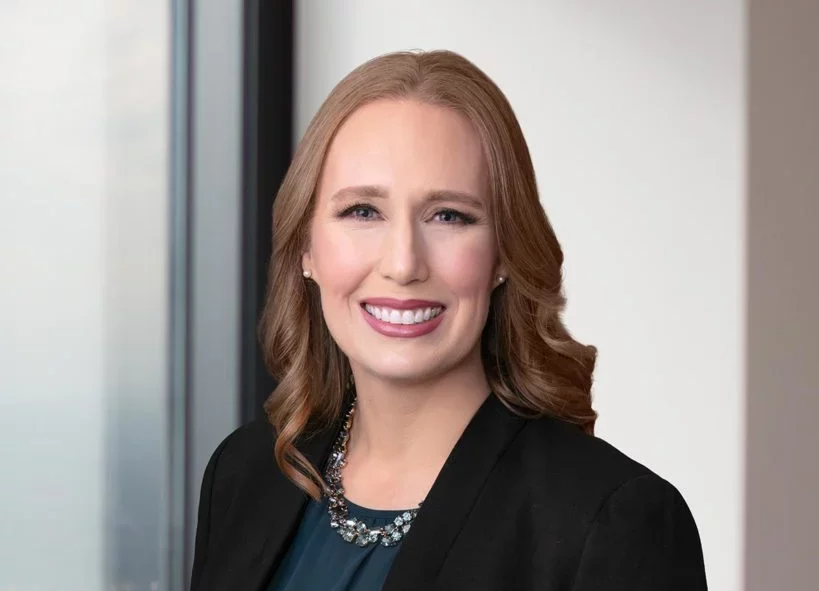Lessons from the DaVita Win
The antitrust matter was the first criminal case alleging an illegal conspiracy involving a “non-solicitation” or “no-poach” agreement. This article shows why it is an issue of serious importance to GCs around the state.
Free Speech, Due Process and Trial by Jury
The antitrust matter was the first criminal case alleging an illegal conspiracy involving a “non-solicitation” or “no-poach” agreement. This article shows why it is an issue of serious importance to GCs around the state.
Tom Melsheimer, who represented DaVita Inc.’s former CEO at the trial in Denver, said his client’s conduct may have been ‘obnoxious,’ but it wasn’t a crime. The jury agreed.
In a groundbreaking criminal case, the former owner of a staffing agency that provided physical therapists to home-healthcare companies is convicted of obstructing an FTC investigation – but acquitted of conspiring with competitors to fix wages.
The Texas Lawbook caught up with the Katten white-collar defense attorney about her path to specializing in healthcare fraud matters and key developments at the Department of Justice, including seeing more prosecutions of doctors, executives, lawyers and accountants one year into the Biden administration.
The enforcement implications of the SEC's new proposed climate rules could be far-reaching and expand the scope of liability for potential SEC investigations and shareholder litigation.
Panelists discussed key developments and enforcement trends in rapidly evolving areas of securities regulation including cryptocurrency trading and special purpose acquisition companies (SPACs) and environmental, social and governance disclosures related to climate change.
The U.S. Securities and Exchange Commission released its proposed disclosure rule last week that, if approved, would require registrants to disclose a tidal wave of information in annual reports and registration statements. The SEC’s proposal would result in a tectonic shift for how public companies assess, track, measure and disclose climate-related risks, would likely necessitate significant changes to management and board processes and composition, and expose public companies to increased litigation and enforcement risk.

Federal regulators will focus more resources on special purpose acquisition companies seeking to go public because the increased frequency of so-called de-SPACing could lead to a jump in improper accounting, financial misstatements and even fraud. That's according to Rebecca Fike, who spent the past 10 years at the SEC’s Fort Worth Regional Office prosecuting violators of accounting and financial fraud, who said cryptocurrency, corporate governance and de-SPACing are “ripe for potential securities issues” to be investigated by the federal agency.
© Copyright 2025 The Texas Lawbook
The content on this website is protected under federal Copyright laws. Any use without the consent of The Texas Lawbook is prohibited.